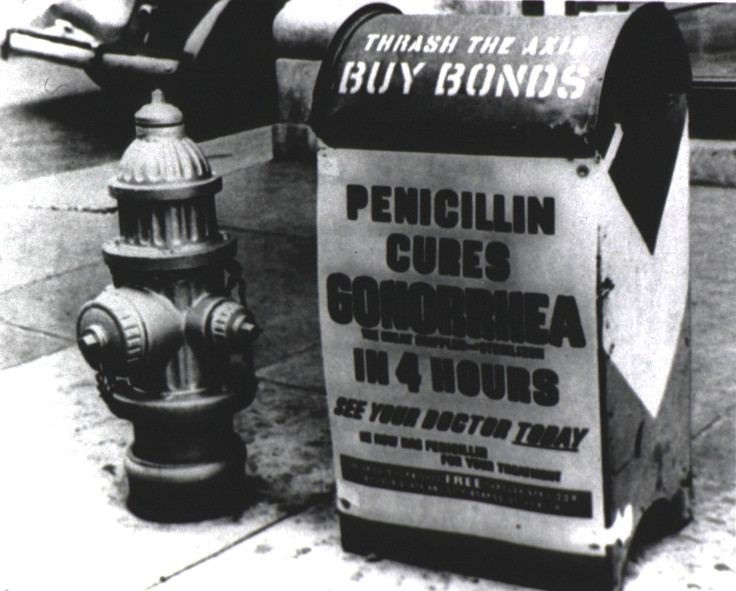If You Think You’re Allergic To Penicillin, You’re Probably Wrong (And How To Find Out For Sure)

You’ve been living a lie — you are probably not really allergic to penicillin.

That’s the story for up to 90 percent of people who think they have the allergy, according to the UT Southwestern Medical Center in Dallas. Researchers there tested people whose medical records noted they were allergic to the antibiotic with skin and oral checks, but found that the large majority of them did not have a problem at all.
“Reasons may vary,” the medical center explained. “People outgrow allergies; a rash caused by a viral infection can be mistaken as a reaction to the antibiotic; and, often, reported penicillin allergies are based on hazy, incorrect recollections.”
Read: Can You Be Allergic To A Human Being? Woman Cannot Tolerate Husband
Penicillin, which treats a variety of bacterial infections, is one of the most commonly used antibiotics. It works by stopping bacteria from replicating, and breaking down the cell walls of the existing bacteria, according to Encyclopaedia Britannica.
The American Academy of Allergy, Asthma & Immunology says that a doctor can test you for a penicillin allergy — or other allergies — with a skin prick test. Also known as a scratch test, it involves breaking the skin’s surface with a needle. “The test, if positive, will cause local itching and redness with swelling at the site where the test is performed. These reactions usually resolve in an hour or so.”
Allergic reactions occur when our bodies identify something harmless as a dangerous foreign invader and our immune system attacks it in an extreme manner. We release inflammatory chemicals that constrict the muscles of our internal organs, among other side effects. People suffering anaphylactic shock could experience a drop in blood pressure, a narrowed airway, a weak pulse and dizziness.
Those who are truly allergic to penicillin have other options for antibiotic medications. But one reason it’s important to know for sure is so you don’t unnecessarily use alternative antibiotics that, in addition to costing more, might “knock out beneficial bacteria that live in our guts and on our skin, setting the stage for harmful bacteria that are tough to treat,” UT Southwestern Medical Center says. “A good time for penicillin-allergy testing to take place is before a child transitions from pediatric care to adult medical care.”
See also:



























